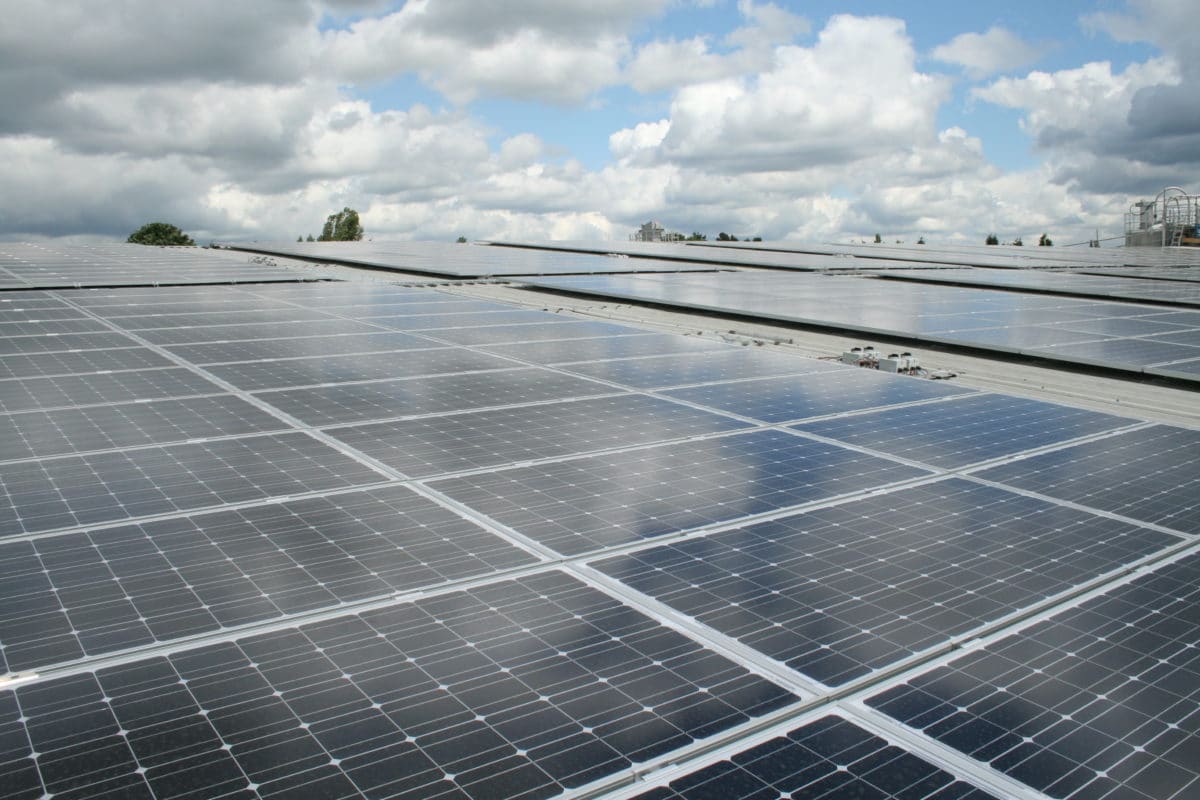The transposition of the European directive RED II could increase the scope of energy communities in Italy, providing economic, social, and environmental benefits locally throughout the country, says Matteo Caldera. He works at the Italian research agency, ENEA’s, laboratory for smart cities and communities.
“The full and coordinated transposition of the European RED II and electricity market directives, expected in the coming months, will remove some of the constraints that today limit the size of energy communities and will lead to the enabling of new types of energy services,” Caldera told pv magazine.
In terms of capacity, public investments presented in the recent National Recovery and Resilience Plan (PNRR) aim to secure resources to install a total of 2 GW of electricity generation by 2026.
“[The] PNRR dedicates a specific investment line of €2.2 billion to the promotion of renewables for energy communities and self-consumption. The funds are dedicated to municipalities with fewer than 5,000 inhabitants, so the new power installed could be greater if energy communities and collective self-consumption spread to larger urban centers.”
Italy should install at least 6 GW per year of renewable energy capacity to reach its 2030 climate and energy ambitions.
According to Caldera, energy communities already play an important role in national energy and climate plans, with several positive externalities, like the promotion of professions locally and the ability of energy communities to increase awareness about renewables among the population.
“Energy communities are an important solution to accelerate the deployment of distributed generation with renewable sources and to increase the active and informed participation of citizens in the electricity market. In addition, they can support the economies of small municipalities and play an important role in fostering local consensus to build renewable-source plants and related infrastructure,” he said.
In many Italian regions, energy communities are present in regional energy plans and sustainable development strategies. Caldera said it is essential that regional measures are aligned with national laws to avoid delays or disruptions.
“One of the strengths of energy communities is that they can be found all over the country. Piedmont was a forward-thinking region in that it enacted a regional law (L.R. August 3, 2018, No. 12) that promoted the establishment of energy communities more than a year in advance of National Law No. 8/2020. After Piedmont, other regions have enacted, or are discussing, laws aimed at promoting the establishment of energy communities, e.g. Puglia with L.R. August 9, 2019, n. 45; Sardinia; Sicily; [and] Lombardy,” said Caldera.
He added that simplicity and clarity would be central to the success of energy communities.
“The legislator will have to take into account that the members of energy communities – private citizens, small and medium-sized enterprises, local authorities, municipal administrations – do not carry out their main activity in the energy sector and therefore their involvement requires simplicity, clarity, stability, and little bureaucracy. At the local level, most of the energy communities that have been recently established, or are in the process of being established, see municipal governments as project initiators.”
ENEA is supporting local governments and private citizens through public tools including RECON, which allows potential customers to make preliminary analyses for energy communities in the residential sector, considering funding and incentives provided by the current legislative framework.
Italy defined new rules and incentives for energy communities in the second half of 2020.
This content is protected by copyright and may not be reused. If you want to cooperate with us and would like to reuse some of our content, please contact: editors@pv-magazine.com.



2 comments
By submitting this form you agree to pv magazine using your data for the purposes of publishing your comment.
Your personal data will only be disclosed or otherwise transmitted to third parties for the purposes of spam filtering or if this is necessary for technical maintenance of the website. Any other transfer to third parties will not take place unless this is justified on the basis of applicable data protection regulations or if pv magazine is legally obliged to do so.
You may revoke this consent at any time with effect for the future, in which case your personal data will be deleted immediately. Otherwise, your data will be deleted if pv magazine has processed your request or the purpose of data storage is fulfilled.
Further information on data privacy can be found in our Data Protection Policy.